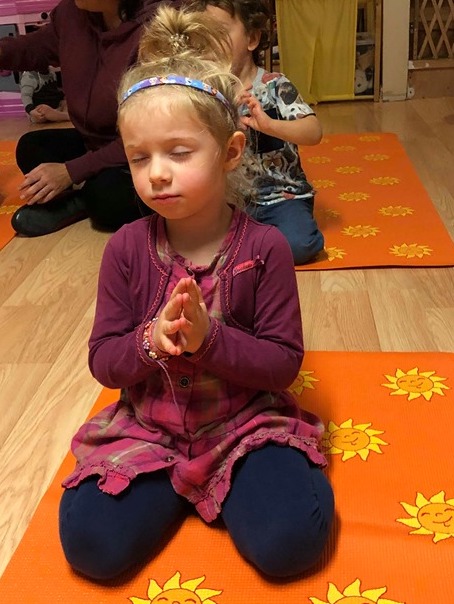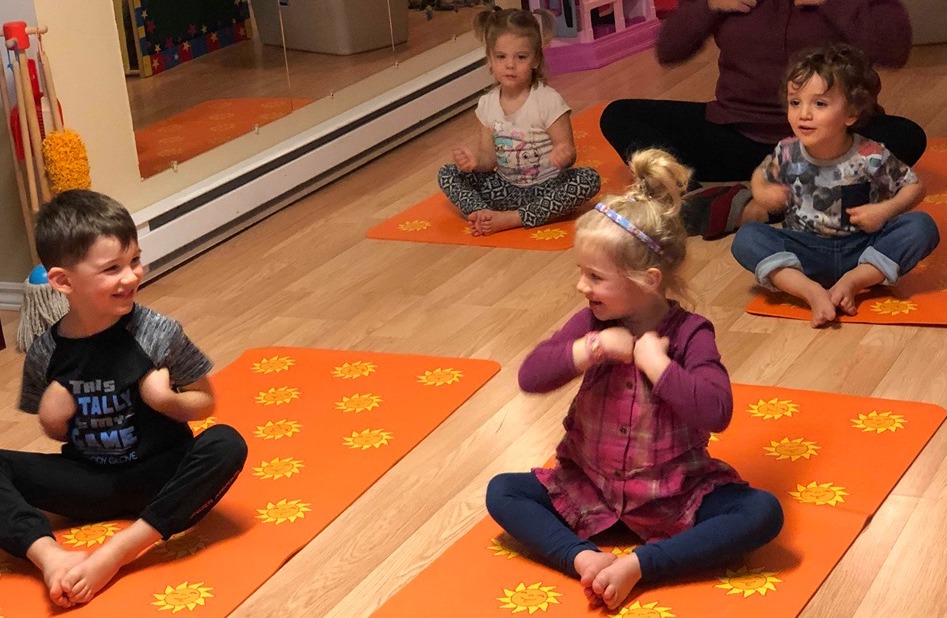More and more studies prove it, there is a method that allows children to concentrate better to learn better, to work on their memory, to improve in mathematics, to develop tools to better manage their stress while reducing anxiety and depression, to calm down and even increase self-confidence and improve relationships with others. This method, which seems magic, would even be able, in certain cases, to replace the medication used to treat attention deficit disorder with or without hyperactivity, by allowing the child to learn and regulate his impulses and increase his ability to concentrate. This tool, which has existed for thousands of years, has appeared in schools around the world, and its results are more than conclusive. But what are we talking about? Mindfulness or, as it is sometimes called in Quebec, awareness presence. A technique that definitely has a lot to bring to our children, and to ourselves! Portrait of a method which could prove to be an essential tool for education!

(Photo taken by Josée Portelance, in her home childcare service)
But first, what is mindfulness? The authorship of the introduction of this millennial concept in Western medicine and psychology is attributed to the American professor of medicine Jon Kabat-Zinn who defines it as follows: ” Mindfulness consists in intentionally paying attention to internal or external experiences of the present moment , without making a value judgment. ”
You will no doubt understand this definition, it is meditation. But for Candice Marro, president of the Association for Meditation in Teaching (A.M.E) and initiator of the P.E.A.C.E. (Pratique de la présence, l’écoute, l’attention et la concentration dans l’enseignement / Practice of presence, listening, attention and concentration in teaching), the term meditation is often to be avoided in secular circles like France, where it remains, because this term often has a religious connotation linked to Buddhism or Hinduism. She assures that in the case of mindfulness, the practice has no need to be explained by religion. ” You don’t have to believe it for it to work. It’s something that is unique to everyone and allows you to discover who you are. It’s the art of being attentive, coming back to yourself, coming back to others, becoming aware of the mechanisms. That’s mindfulness meditation”, she explains.
Depuis plus de 4 ans maintenant, Mme Marro et son équipe traverse la France, la Belgique, la Suisse et maintenant le Québec afin de permettre aux élèves et à leurs enseignants de découvrir la méthode qu’ils ont développé et qui fait déjà ses preuves. Lors du projet pilote, le programme a rejoint 3 écoles régulières françaises et environ 350 élèves. En septembre dernier, c’est plus de 400 établissements et 15 000 élèves, qui avaient bénéficié de ce programme en France seulement. À cela s’ajoutaient 4000 élèves de Belgique, quelques centaines en Suisse et une vingtaine d’établissements au Québec. 600 instructeurs et enseignants ont également été formés à la technique. Je vous invite à écouter Mme Marro présenter le programme P.E.A.C.E. et son application.
When we think of group meditation, the image that comes to mind is that of people sitting cross-legged, motionless and reciting mantras. But is it possible to reproduce this scene with 24 children of 6 years old? For the initiator of the P.E.A.C.E. program, this is obviously not the case and it is very good. For her, children must first and foremost become explorers and she is convinced that everyone will find in this method different tools at different times. ” We don’t need the class to be calm because we recognize that when we connect to our body, the first thing we connect to is our tensions. And tensions manifest themselves through movement. It’s part of an organic process that is normal and that we are waiting for”, she says. In any case, the techniques used by the P.E.A.C.E. included movements, stretching and self-massage, in addition to the more classic sitting position for meditation.
 (Photo taken by Josée Portelance, in her home childcare service)
(Photo taken by Josée Portelance, in her home childcare service)
The P.E.A.C.E. offered in regular schools rather than in the alternative environment
When we see this type of tool, we often tend to believe that it is reserved for the alternative medium and, unfortunately, this is often the case. But not here. For Ms. Marro, from the start, the program was designed to be offered in traditional school settings. For her, it was obvious since in alternative environments, children and teachers evolve in a completely different context, more respectful of the child’s development. Stress is therefore less present. It’s a whole different story when it comes to the national school in France, as in almost all Western countries. ” The figures show that 80% of 14-17 year olds have no idea what they want to do later, when they are asked to choose. 12,000 teachers are on sick leave each year due to fatigue. 14% of children are dropping out of school, etc. In France, it is said that national education is a dinosaur. We have reform after reform, which creates a climate of stress that impacts on students. There are far fewer possible adjustments in this environment. “She laments. For her, it is not the new generation that is difficult. It is the climate in which it must evolve which no longer makes sense.
A program like the P.E.A.C.E. program, in the traditional environment therefore takes all its importance. According to the research they have been conducting for two years, it improves interpersonal relationships between students, but also between adults and children, and facilitates the development of children’s basic psychological needs (feeling competent, feeling independent and developing a sense of belonging.) For the psychotherapist, it is clear that children are very receptive to these measures: ” The younger you start, the better, because the children then have no mental filter, beliefs or dams compared to exploring and can really benefit from the exercises on offer. ”
To learn more about the P.E.A.C.E. and on the training offered (also available in Quebec):
https://www.peace-mindful-education.com/formation-p-e-a-c-e/